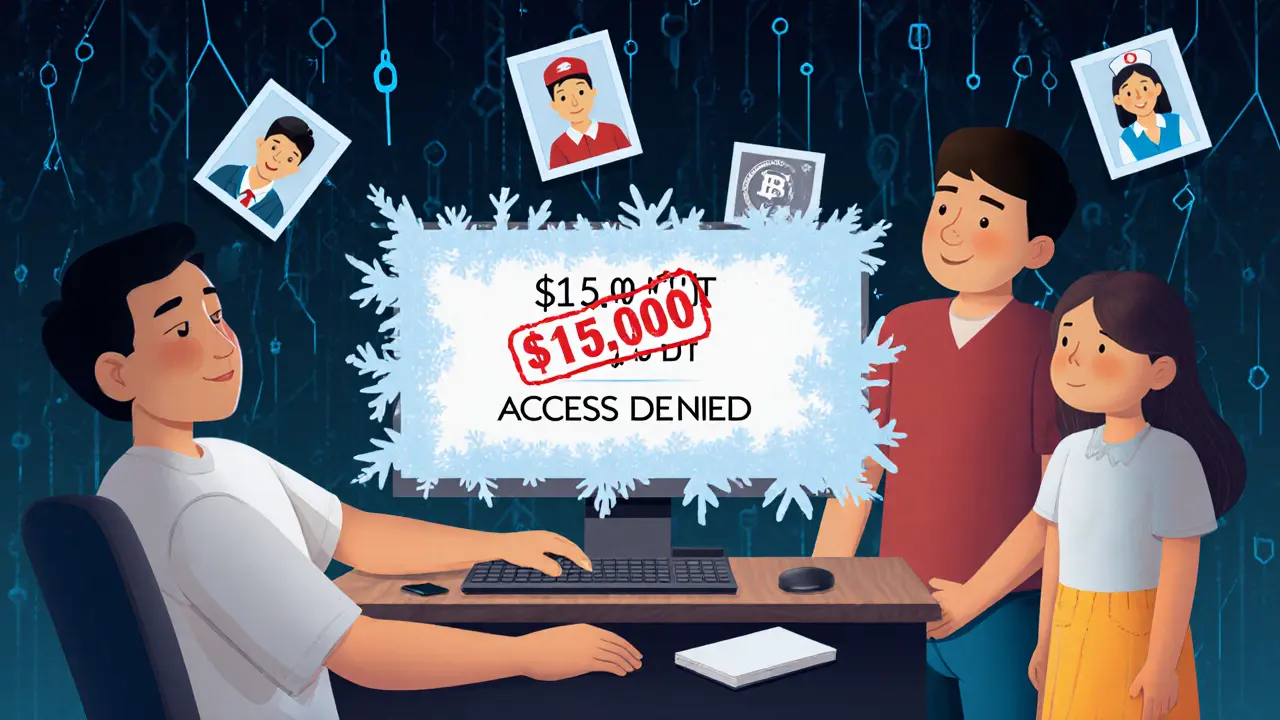SEC Crypto Crackdown: What It Means for Investors and Exchanges
When you hear SEC crypto crackdown, the U.S. Securities and Exchange Commission’s aggressive enforcement actions against cryptocurrency projects and platforms. Also known as crypto regulation push, it’s not just about rules—it’s about who gets labeled a security, who gets fined, and who gets shut down. This isn’t a slow burn. Since 2021, the SEC has filed over 100 enforcement actions targeting crypto firms, from big names like Coinbase and Binance to small DeFi protocols with no office and five employees.
The crypto enforcement, the legal actions taken by the SEC to penalize unregistered offerings and unlicensed trading platforms mostly hits three areas: tokens sold as investments without registration, exchanges that act like broker-dealers without licenses, and projects that promise returns without clear disclosures. You can’t just call a token a "utility" and hope it flies. The SEC looks at how it’s marketed, how people expect to profit, and whether it behaves like a stock. That’s the Howey Test in action—and it’s been applied to everything from meme coins to DeFi governance tokens.
Meanwhile, crypto compliance, the process of following SEC rules to avoid fines, lawsuits, or shutdowns has become a cost of doing business. Companies now spend six figures on legal teams just to avoid being the next target. Even decentralized platforms aren’t safe. dYdX, Cybex, and others claim they’re "decentralized," but if U.S. users can access them and trade tokens the SEC considers securities, they’re still on the hook. The message is clear: anonymity doesn’t protect you. If your platform serves Americans, you’re subject to U.S. law.
The SEC cryptocurrency regulation, the framework of rules and legal interpretations the SEC uses to control crypto markets isn’t just about punishment—it’s about control. The SEC wants to force crypto into the same box as stocks and bonds. That means KYC, reporting, audits, and investor protections. Some projects fold under the weight. Others adapt. A few, like the Bitcoin ETFs in Canada and later the U.S., found a legal path by working with regulators instead of fighting them.
What does this mean for you? If you’re holding tokens tied to projects that promised returns, you might be holding something the SEC says is illegal. If you’re running a platform, you’re either compliant or a target. If you’re trading on U.S.-accessible exchanges, you’re already in the crosshairs—even if you didn’t know it. The crackdown isn’t going away. It’s scaling up. And the next wave is coming for DeFi, NFTs, and staking services.
Below, you’ll find real cases, real fines, and real lessons from the front lines of this battle. From Vietnam’s crypto payment bans to Nigeria’s mining restrictions, these stories aren’t isolated. They’re part of the same global tightening grip. What you read here isn’t theory—it’s what’s happening now, to real people, with real money on the line.
